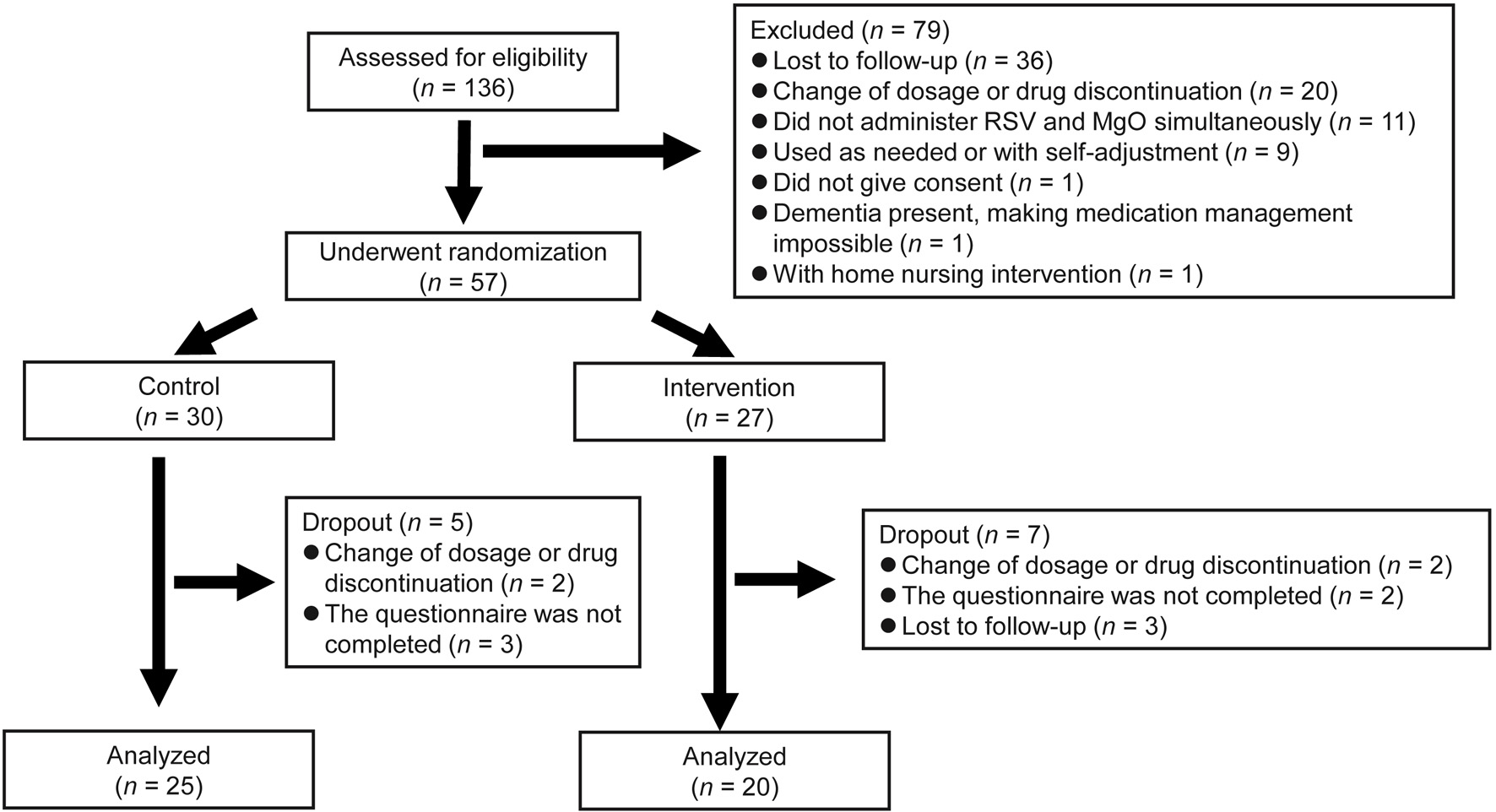Clinical Effects of the Concurrent Ingestion of Rosuvastatin and Magnesium Oxide: A Multicenter, Randomized, Parallel-Group Trial
DOI:
https://doi.org/10.14740/jocmr6363Keywords:
Rosuvastatin, Magnesium oxide, Low-density lipoprotein cholesterolAbstract
Background: Cardiovascular disease (CVD) remains a leading global cause of mortality. Statins, particularly rosuvastatin (RSV), are widely used to reduce low-density lipoprotein cholesterol (LDL-C) level and prevent atherosclerotic CVD. RSV is highly liver-selective, hydrophilic, and primarily transported via organic anion transport proteins, rendering it less prone to cytochrome P450-mediated drug interactions. However, the concurrent use with magnesium oxide (MgO), a common antacid and laxative, has been shown to decrease RSV absorption by up to 50%, raising concerns regarding the clinical efficacy of RSV in patients taking MgO.
Methods: This multicenter, randomized, parallel-group comparative trial included outpatients prescribed both RSV and MgO at Fukuoka University Chikushi and Fukuoka Tokushukai Hospitals. Patients were randomly assigned to the control group with simultaneous administration or the intervention group with staggered administration of MgO at least 2 h after RSV. Data on demographics and serum levels of LDL-C, total cholesterol, high-density lipoprotein cholesterol, and triglycerides were collected at baseline and 12 weeks after study initiation. Medication adherence was monitored using a self-reported medication checklist, and patients with ≥ 80% compliance were included in the final analysis.
Results: A total of 45 patients, including 25 and 20 patients in the control and intervention groups, respectively, completed the study. The median ages were 78 and 76 years in the control and intervention groups, respectively. The baseline demographics and clinical parameters, including LDL-C, were not significantly different between the two groups. After 12 weeks, the rate of change in LDL-C level was not significantly between the control and intervention groups (P = 0.9091).
Conclusion: The concurrent use of RSV and MgO did not significantly impact the reduction in LDL-C levels compared with the staggered administration. Simplifying administration without altering efficacy can improve medication adherence, particularly in elderly patients and those with polypharmacy, by reducing treatment complexity.

Published
Issue
Section
License
Copyright (c) 2025 The authors

This work is licensed under a Creative Commons Attribution-NonCommercial 4.0 International License.








